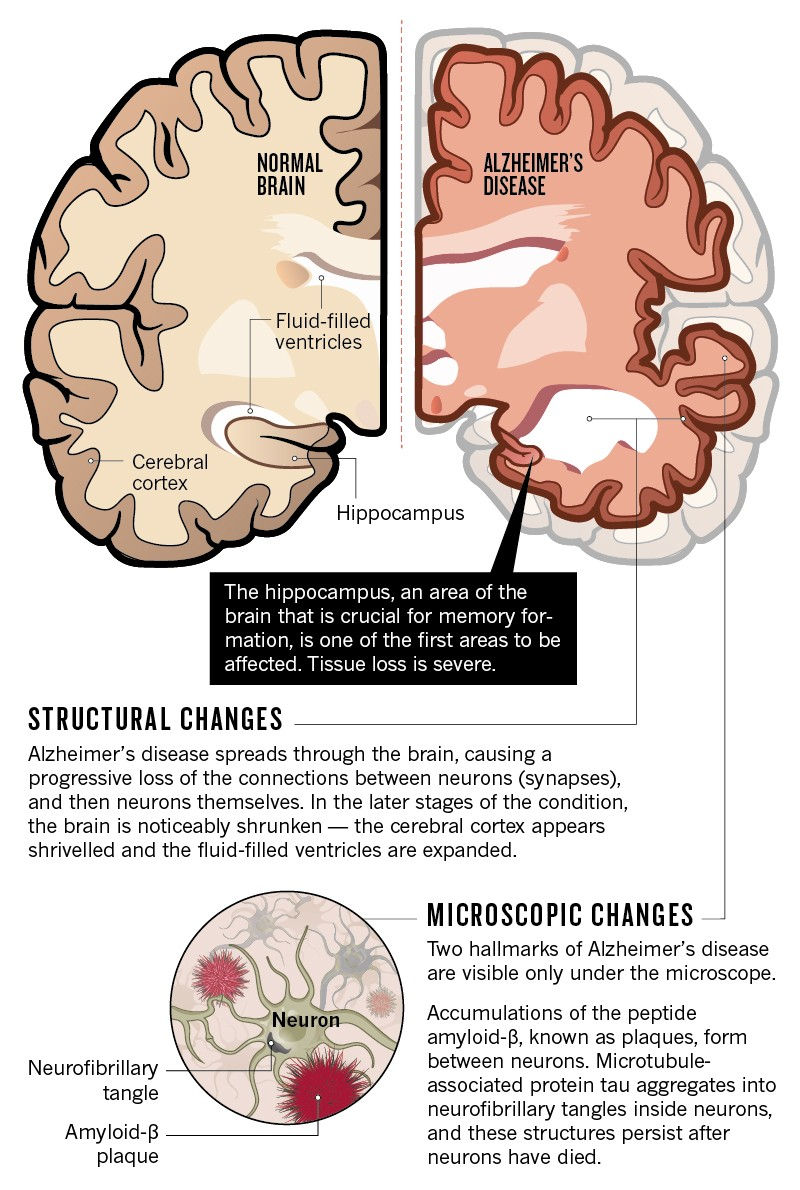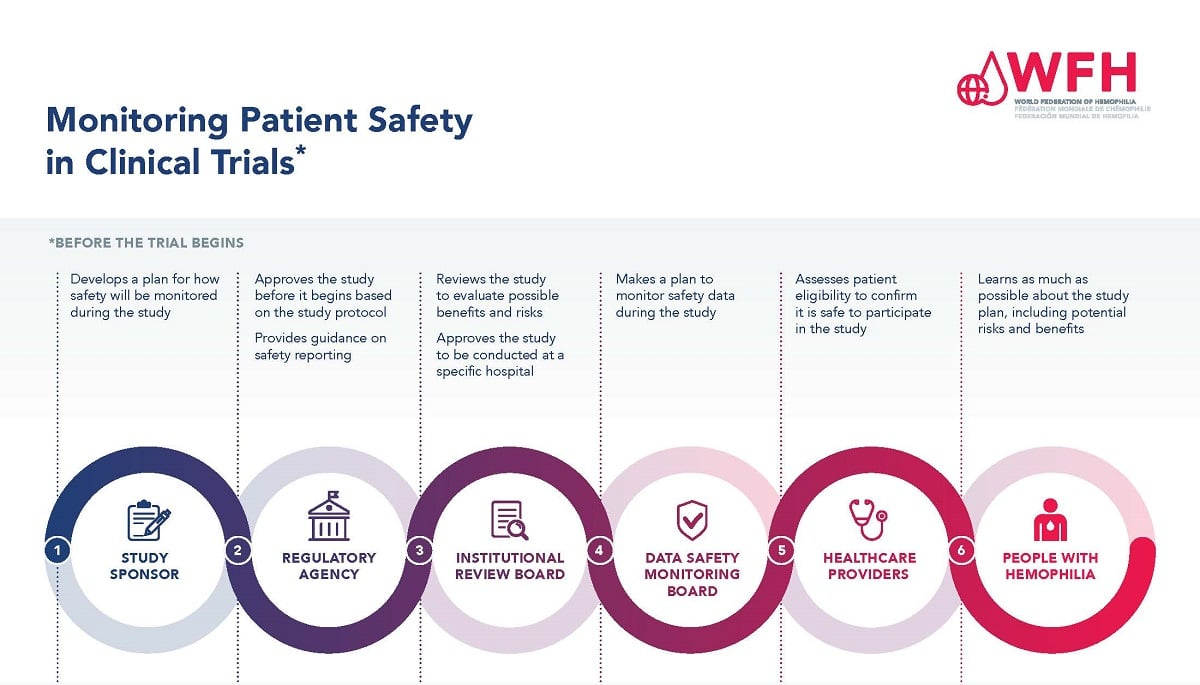Age-related brain diseases, including stroke, dementia, and late-life depression, pose significant challenges for aging populations worldwide. Recent research highlights the importance of addressing modifiable risk factors that can significantly reduce the likelihood of developing these conditions. By focusing on lifestyle changes such as diet, physical activity, and stress management, individuals can effectively lower their dementia risk factors. Moreover, implementing preventive strategies can enhance overall brain health as assessed by tools like the Brain Care Score. As we strive for better health outcomes, understanding and mitigating these risks is vital for improving quality of life in our later years.
In the realm of neurological health, conditions that deteriorate cognitive functions and emotional well-being as we age are increasingly recognized as critical health issues. Terms like cognitive decline, neurodegenerative disorders, and geriatric mood disorders encompass the concerns surrounding age-related brain diseases. Insights from recent studies shed light on the interconnected nature of these ailments, showcasing how factors influencing one can affect others. Maximizing preventive measures through lifestyle adjustments can address not only dementia but also stroke and depression in the elderly. Understanding the nuances of these relationships aids in developing effective strategies for better brain care as we age.
Understanding Age-Related Brain Diseases
Age-related brain diseases, which include conditions such as stroke, dementia, and late-life depression, are increasingly prevalent in today’s aging population. These diseases often share common risk factors that can complicate their diagnosis and treatment. Understanding these factors is crucial not only for medical professionals but for individuals seeking to maintain their cognitive health as they age.
Research has shown that modifiable risk factors, like high blood pressure and obesity, contribute significantly to the onset of these conditions. By focusing on these shared risk factors, healthcare providers can develop more effective prevention strategies and treatments. Initiatives aimed at reducing these risks, such as lifestyle interventions, can play a key role in slowing or preventing the progression of age-related brain diseases.
Identifying Modifiable Risk Factors for Brain Health
A recent study led researchers to identify seventeen modifiable risk factors that can significantly reduce the likelihood of developing age-related brain diseases. These factors encompass a broad range of lifestyle and health metrics, including blood pressure, kidney health, and lifestyle choices like smoking and diet. By simply addressing one of these factors, individuals can decrease their risk for multiple conditions simultaneously, showcasing the interconnectedness of brain health.
Among the identified factors, high blood pressure emerged as a particularly critical risk element. It not only increases the likelihood of stroke but is also linked to dementia and depression. Effective management of blood pressure, through dietary changes and increased physical activity, can thus serve as a powerful preventive measure for several related health issues.
The Importance of Lifestyle Changes in Stroke Prevention
Lifestyle modifications are essential in stroke prevention, especially given the identified risk factors such as poor diet, physical inactivity, and high cholesterol levels. These factors contribute to the overall health of the brain, and improving them through structured lifestyle changes can markedly enhance one’s wellbeing. By adopting a balanced diet and engaging in regular physical activity, individuals can lower their risk of stroke, thereby promoting better brain health as they age.
Moreover, engaging in cognitive-enhancing activities like puzzles or reading can further contribute to a lower risk of stroke. Research indicates that those with active social lives and who maintain brain engagement through various activities tend to experience better cognitive health. This lifestyle perspective not only focuses on physical health but encourages a holistic approach to brain care.
Connecting Dementia Risk Factors with Overall Health
Dementia risk factors overlap significantly with those of other age-related brain diseases, providing a unique opportunity for comprehensive health interventions. Factors such as diabetes, high blood pressure, and obesity are all implicated in the development of dementia. By recognizing that attention to one area of health can have ramifications across multiple conditions, we can promote more effective public health strategies and personal health plans.
Preventive care becomes simpler when we view these risk factors as interconnected. For instance, managing diabetes through diet and exercise not only helps prevent diabetes-associated complications but can also mitigate the risks of stroke and dementia. Therefore, approaching dementia care involves a broader strategy that includes monitoring and modifying multiple health aspects.
Late-Life Depression Treatment Strategies
Late-life depression is often treated with a combination of psychotherapy and medication, but addressing the underlying risk factors can also be an effective strategy. Factors such as social engagement, physical activity, and stress management are crucial in providing a holistic treatment framework. By actively involving patients in their care and encouraging lifestyle changes, healthcare providers can significantly improve outcomes in older adults suffering from depression.
Another effective treatment avenue is the incorporation of activities that restore a sense of purpose in life. Encouraging participation in community events or volunteer work can combat feelings of isolation and helplessness. This multifaceted approach not only addresses depression but contributes positively to the mental health of the elderly population, decreasing the risk of developing associated conditions such as dementia.
Utilizing the Brain Care Score for Health Improvement
The Brain Care Score is a novel tool developed to help individuals assess and improve their brain health. This score incorporates the latest research findings, enabling individuals to identify which modifiable risk factors they can control to enhance their cognitive well-being. By using the Brain Care Score, individuals can gain insight into their lifestyle choices and take actionable steps towards reducing their risk for age-related brain diseases.
Furthermore, the Brain Care Score also emphasizes the importance of regular monitoring and community support as part of health improvement efforts. By raising awareness about the shared risk factors of stroke, dementia, and depression, the score encourages proactive behavior in maintaining brain health. This preventive approach could lead to dramatic reductions in the incidence of these diseases, underscoring the value of lifestyle modifications.
Encouraging Social Engagement to Combat Brain Diseases
Social engagement is a vital component of mental health, particularly for aging populations at risk for age-related brain diseases. Participating in social activities can reduce feelings of loneliness and depression, which are significant contributors to cognitive decline. As such, encouraging older adults to maintain their social networks is crucial for preserving mental health and reducing the risk of dementia and depression.
Moreover, social engagement can also provide emotional support that helps individuals cope with stress, another identified risk factor. Creating community programs that foster connections and provide avenues for social interaction can significantly benefit the cognitive health of older adults. This emphasizes the interconnectedness of mental health and social well-being, reaffirming the need for cohesive strategies to enhance brain health as we age.
The Impact of Diet and Nutrition on Brain Health
Diet plays a fundamental role in determining overall health, particularly brain health among older individuals. Poor dietary habits are recognized risk factors for developing various age-related brain diseases. Diets high in saturated fats, sugars, and processed foods can exacerbate issues related to cholesterol and blood pressure, thereby increasing the risk of stroke and dementia.
Conversely, adopting a nutritionally rich diet promotes cognitive function and mitigates the negative impacts of aging. Diets rich in antioxidants, healthy fats, and essential nutrients have demonstrated protective effects against cognitive decline. Incorporating foods such as fruits, vegetables, whole grains, and omega-3 fatty acids into daily meals can create a strong foundation for brain health and serve as a preventive measure against age-related diseases.
Recognizing the Role of Stress in Age-Related Brain Diseases
Chronic stress is a significant yet often overlooked risk factor for several age-related brain diseases. It can lead to hormonal changes that adversely affect cognitive function and mental health. Managing stress through mindfulness, meditation, or physical exercise can substantially help mitigate its harmful effects, thus lowering the risk of conditions like depression and dementia.
Addressing stress not only benefits mental health but can also improve physical health, indirectly shaping brain health outcomes. Developing community support systems and resources that help individuals manage stress effectively can play a necessary role in decreasing the burden of age-related diseases. Promoting such practices is essential for fostering a healthier, more resilient elderly population.
Advances in Research on Brain Health Risk Factors
Recent advancements in research concerning brain health have shed light on critical modifiable risk factors shared across age-related diseases. This growing body of knowledge allows healthcare professionals to devise more targeted interventions tailored to individuals’ specific needs. Continuous research efforts are necessary to further delineate these factors and their impacts, ensuring that individuals receive the most effective preventive care.
Through studies like those conducted at Mass General Brigham, insights into shared risk factors can inform future research directions and public health initiatives. Innovations such as the Brain Care Score are a testament to the importance of grounding health strategies in evidence-based practices, thereby enhancing our understanding of how to promote better brain health while addressing the interconnectedness of stroke, dementia, and late-life depression.
Frequently Asked Questions
What are the main modifiable risk factors for age-related brain diseases like dementia and stroke?
Research has identified 17 modifiable risk factors that significantly impact age-related brain diseases such as stroke, dementia, and late-life depression. These include high blood pressure, diabetes, kidney disease, fasting plasma glucose, high cholesterol, poor diet, excessive alcohol use, physical inactivity, smoking, chronic pain, lack of social engagement, sleep disturbances, obesity, and high stress. Modifying these factors can reduce the risk associated with these brain diseases.
How can I lower my dementia risk factors through lifestyle changes?
Lowering dementia risk factors involves several lifestyle changes that engage modifiable risk factors. These include maintaining a healthy diet, regular physical activity, managing blood pressure and cholesterol levels, controlling blood sugar, minimizing alcohol consumption, quitting smoking, ensuring adequate sleep, and fostering social engagements. The Brain Care Score can help track these improvements effectively.
What is the relationship between stroke prevention and age-related brain diseases?
Stroke prevention is crucial in reducing overall risk for other age-related brain diseases. High blood pressure, which impacts stroke risk, also significantly affects the likelihood of developing dementia and late-life depression. By managing blood pressure through diet, exercise, and medication, individuals can lower their risk across these connected diseases.
Can late-life depression treatment also affect dementia risk?
Yes, treating late-life depression can influence dementia risk factors. Addressing depression, which is linked to increased risks of both stroke and dementia, can improve overall mental health and may help mitigate the deterioration of cognitive functions. Focusing on social engagement, stress management, and physical activity as part of treatment for depression can also be beneficial.
What role does the Brain Care Score play in managing age-related brain diseases?
The Brain Care Score is a tool developed to help individuals assess and improve their brain health. It incorporates findings on modifiable risk factors for age-related brain diseases, helping users identify areas for improvement. By tracking efforts to enhance brain health, the score guides lifestyle changes aimed at reducing the risks of stroke, dementia, and late-life depression.
How does physical activity influence the risk of age-related brain diseases?
Physical activity plays a vital role in reducing the risk of age-related brain diseases like stroke, dementia, and late-life depression. Regular exercise helps manage several risk factors such as high blood pressure, obesity, and diabetes. Engaging in both aerobic and strength-training exercises can improve brain health and potentially lower the likelihood of developing these conditions.
What should I know about alcohol use as a risk factor for age-related brain diseases?
Excessive alcohol consumption has been linked to an increased risk of developing stroke, dementia, and late-life depression. Reducing alcohol intake or abstaining can decrease these risks significantly. Monitoring drinking habits and seeking support for reduction can contribute positively to brain health.
What dietary changes can reduce the risk of age-related brain diseases?
To reduce the risk of age-related brain diseases such as stroke and dementia, individuals should adopt a balanced diet rich in fruits, vegetables, whole grains, lean proteins, and healthy fats. Avoiding high amounts of sugar, salt, and saturated fats is crucial. Following dietary guidelines like the Mediterranean diet has shown positive effects on brain health.
Is social engagement a significant factor in preventing dementia and strokes?
Yes, social engagement is a significant modifiable risk factor for preventing dementia and strokes. Individuals who maintain strong social connections and participate in community activities are more likely to experience better mental health and cognitive function. Reducing social isolation through community involvement can help lower the risk of these age-related brain diseases.
What impact does stress have on age-related brain diseases?
Chronic stress is a modifiable risk factor that can significantly increase the likelihood of developing age-related brain diseases such as dementia and depression. Managing stress through mindfulness, relaxation techniques, and regular physical activity can help mitigate risks associated with cognitive decline.
| Risk Factor | Impact on Conditions |
|---|---|
| Diabetes | Increases risk for stroke, dementia, and depression |
| Blood Pressure | Major risk factor for all three conditions |
| Kidney Disease | Increases risk for stroke, dementia, and depression |
| Fasting Plasma Glucose | High levels increase risk for dementia and stroke |
| Total Cholesterol | High levels linked to stroke and dementia |
| Alcohol Use | Excessive consumption increases risk of all three conditions |
| Diet | Poor diet contributes to all three conditions |
| Hearing Loss | Modifiable risk factor specifically for dementia |
| Pain | Chronic pain increases risk of depression |
| Physical Activity | Lack of activity is a risk factor for all conditions |
| Purpose in Life | A lack can contribute to depression |
| Sleep | Poor sleep quality increases risk of depression |
| Smoking | Major risk factor for stroke, dementia, and depression |
| Social Engagement | Lack contributes to depression and other conditions |
| Stress | Chronic stress can increase risk of depression |
| Depression | Untreated depression increases risk of other conditions |
| Obesity | Risk factor for stroke, dementia, and depression |
Summary
Age-related brain diseases, including conditions like stroke, dementia, and late-life depression, are interconnected and share numerous risk factors. Recent research highlights 17 modifiable factors that can significantly lower the risk for these conditions. By addressing these risk factors, individuals can potentially reduce their chances of developing one or more of these debilitating diseases. Strategies such as improving diet, increasing physical activity, managing blood pressure, and enhancing social engagement stand out as effective preventive measures. Understanding and acting on these shared risk factors offers a proactive approach to maintaining brain health as we age.



